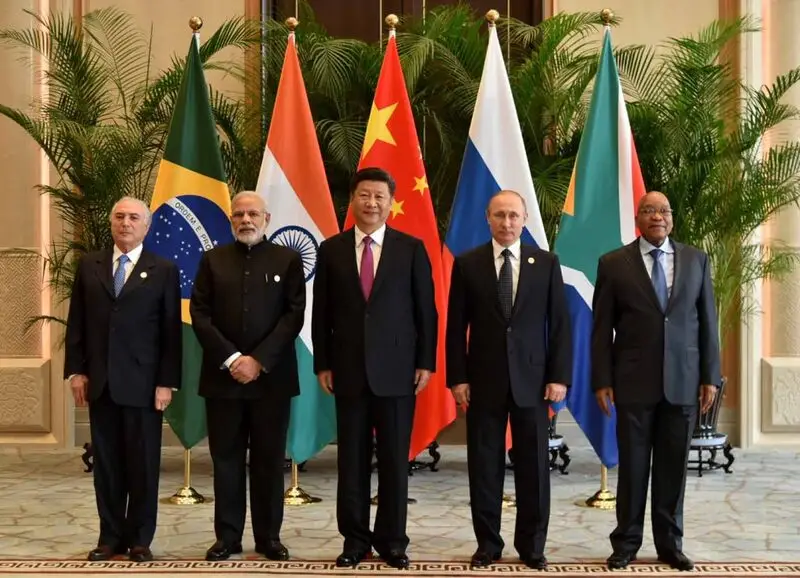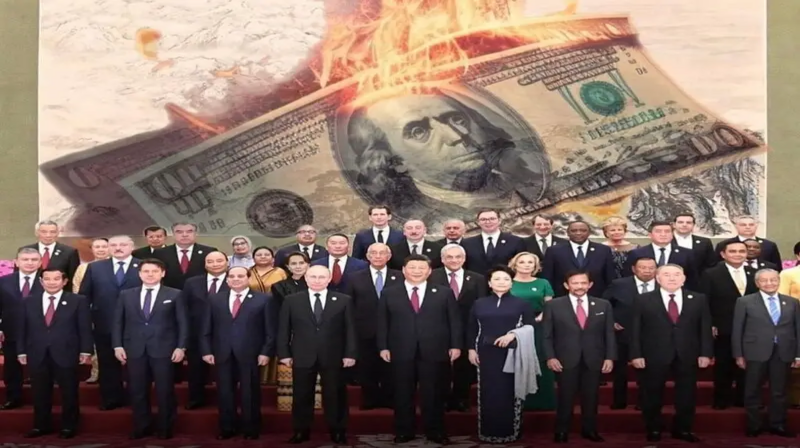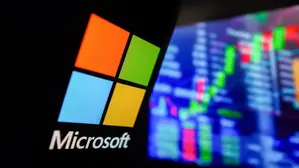The BRICS alliance settled 65% of trade among member nations in local currencies and not the US dollar. The usage of the US dollar and Euro has fallen below 35% among the existing members of the bloc. The development signals a strategic shift in ending reliance on the USD and other Western-dominated currencies. Read here to know how many sectors in the US will be affected if BRICS ditches the dollar for trade.
Also Read: BRICS Advances ‘Multicurrency System’ To Break US Dollar Dominance
The de-dollarization agenda gained steam after the White House pressed sanctions on Russia in 2022 for invading Ukraine. Russia and China convinced the BRICS bloc to begin settling cross-border transactions in local currencies and not the US dollar. The move has paid off as several countries are pushing their native currencies for trade settlements.
Also Read: North American Countries Start Applying For BRICS Membership
BRICS: 65% Trade Settled in Local Currencies, US Dollar Falls Below 35%

Russian Finance Minister Anton Siluanov confirmed in a recent interview that BRICS paid 65% of trade in local currencies. “Indeed, we are in practice using national currencies and the Russian ruble within BRICS — 65% of all the settlements is made in rubles, in national currencies,” he said.
Also Read: BRICS Country Rejects De-Dollarization, Embraces the US Dollar
“The share of the dollar and the euro is declining and it is less than 30% now,” Siluanov confirmed. BRICS nations are insulating their economies from sanctions from the US. Also, their encouragement of using local currencies for trade is attracting several other developing nations towards the bloc.
The upcoming BRICS summit is scheduled to be held from October 22 to 24. The 16th summit will see the extended alliance of nine members discuss policies at the table. The summit will be held in the Kazan region of Russia and will be hosted by President Vladimir Putin. De-dollarization and local currencies will be the topic of discussion and inducting new countries into the bloc will also be discussed.






